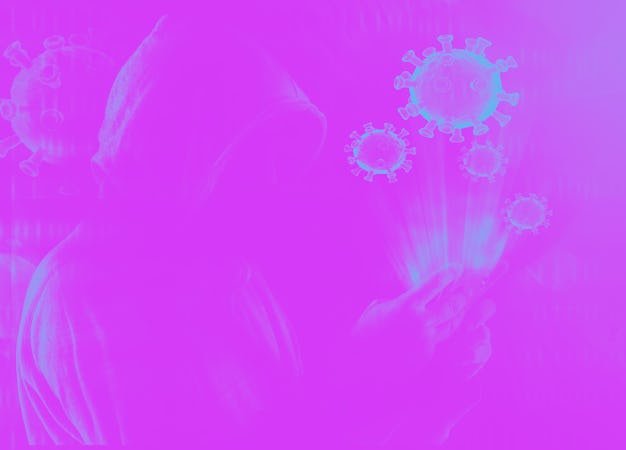Culture
Fake COVID-19 vaccines are being sold on the darknet

$250
How much COVID-19 "vaccines" are selling for.
A security report published by Check Point, a software technologies company, found that there are misleading offers for COVID-19 "medicine" and "vaccines" on the darknet. You know, that place where people's personal information via Facebook is already sold for next to nothing. These counterfeit remedies are being offered at $250 and up.
Some examples include "Available coronavirus vaccine $250," "Say bye bye to COVID-19 = chloroquine phosphate," and "Buy fast. Coronavirus vaccine is out now." Check Point notes that it does not know whether these offers are genuine or not, but it paints a bleak picture of the internet now that pharmaceutical companies are attempting to release a viable COVID-19 vaccine — after 300,000 related deaths in the United States alone.
Greed and misinformation — Falsehoods surrounding the COVID-19 vaccine are already taking off on Twitter, Facebook, Instagram, YouTube, and other heavily populated social media networks. Offers for supposed COVID-19 "vaccines" and "medicine" on the darknet are morally foul and point to how bad-faith actors are relying on people's paranoia and fear of the virus to make profits. And the incident will likely spike in numbers.
Already Europol, which is the European Union Agency for Law Enforcement Cooperation, has spoken about vaccine-related crime in the wake of COVID-19's spread.
Technically elusive — To make tracking even more difficult, the offering parties of these false vaccines have stipulated that they will conduct business in Bitcoin only. In addition to the lack of a tracing mechanism in place, many of these products come with troubling instructions — such as taking one unspecified vaccine in the form of 14 doses. Check Point also reports that bad-faith actors have attempted to use vaccine-relevant news to bait people into phishing scams.
People are being sent compromised with misleading titles such as "Pfizer's COVID-19 vaccine: 11 Things You Need To Know."
What you should do — The software company advises that people exercise more alertness in their day-to-day digital activities. This means you should check an email sender's full address before responding, verify the URLs you are given to open (and don't open if it seems fishy), keep an eye open for lookalike domains, enable two-factor authentication on your accounts, and don't give your login credentials to unknown parties. Simple and easy steps that can keep you out of harm's way.